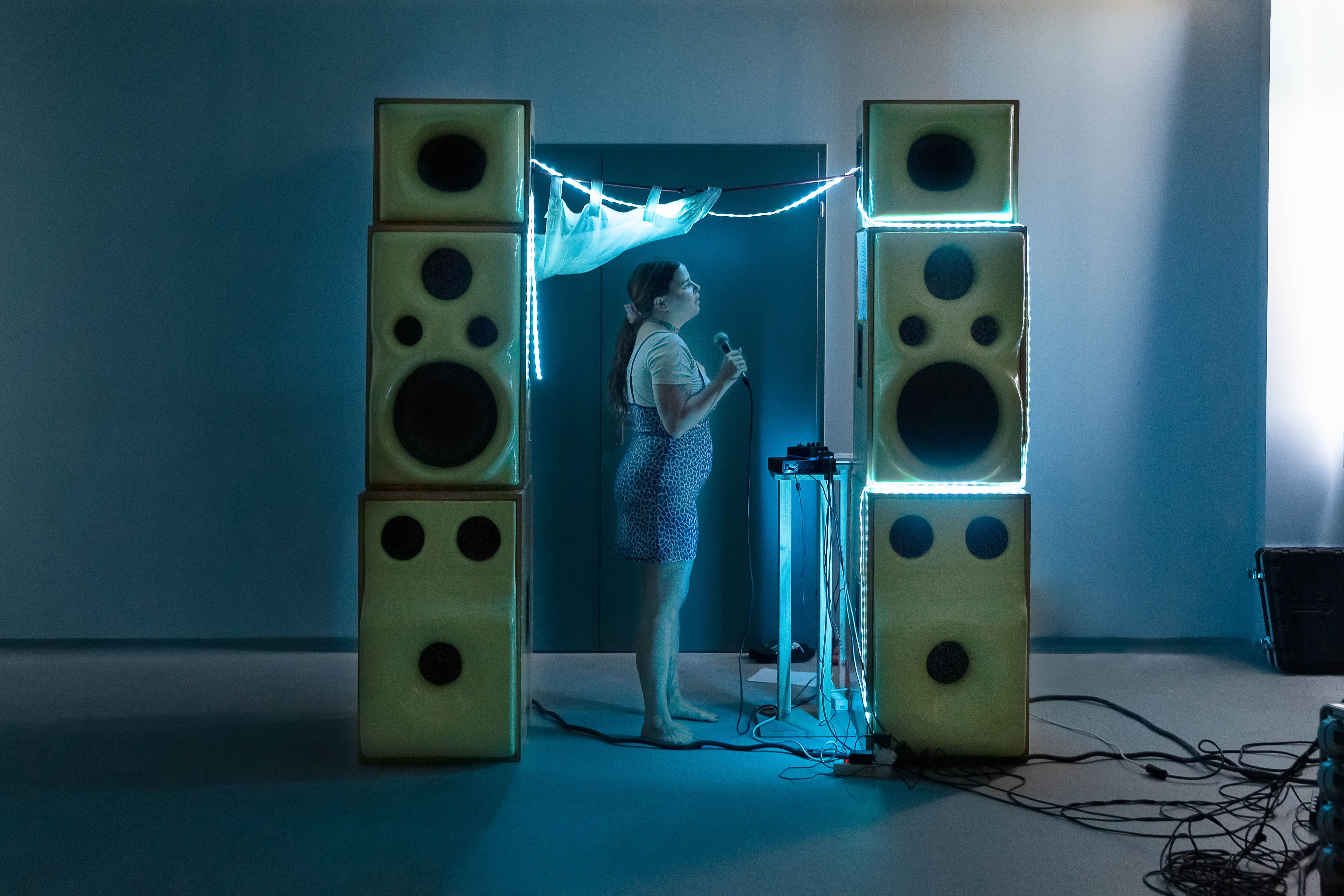
© Claudia Ndebele
"Les vainqueurs l'écrivent, les vaincu·x·e·s racontent l'histoire"
Garance Bonard
What is the sensitive part of knowledge–how can one feel knowledge? I want to assert personal experiences as essential knowledge, as legitimate knowledge, merely by giving space for their existence locally. Within the institutions of knowledge, I want to revise the hierarchy of knowledge, by including sensory, emotional, traumatic, carnal, intimate experiences in a constellation of knowledge that is too often turned towards a vision of the intellect devoid of emotionality. Yet, as we know, our body functions interdependently. There is no intellect without emotion, and it is so the other way around. The brain/heart separation profoundly seems to be a myth that was built in order to deprive sensitive beings of access to knowledge. The subject-position of listening can relieve itself from this hierarchical myth.
Careful ethics of listening and of organizing are intertwined methodologies. They allow the establishment of socio-sonic technologies, such as amplifying, quoting, sampling, diffusing, distorting. They allow the establishment of shielding rituals. These are central in my practices of struggling, thinking, composing, mixing, feeling, hearing, reading, organizing. They help me to develop a multitude of social and political theoretical tools, with which I navigate a temporality other than that of the institutions of knowledge. I learn and share as much in extra-institutional, self-managed, collective spaces as I do in the institutional, state-dependent, hierarchical spaces. In spaces where one can receive the world differently, where one can be oneself in their totality, their complexity, their multitude. Where one can develop their own subjectivity. In spaces where we are on another plane, we are on the side, out of step, out of rhythm, or rather in arrhythmia, we do not play in the same league, but where we are still aware of power relations. In spaces where music and sound remind us of all this.

© Claudia Ndebele

© Claudia Ndebele

© Claudia Ndebele